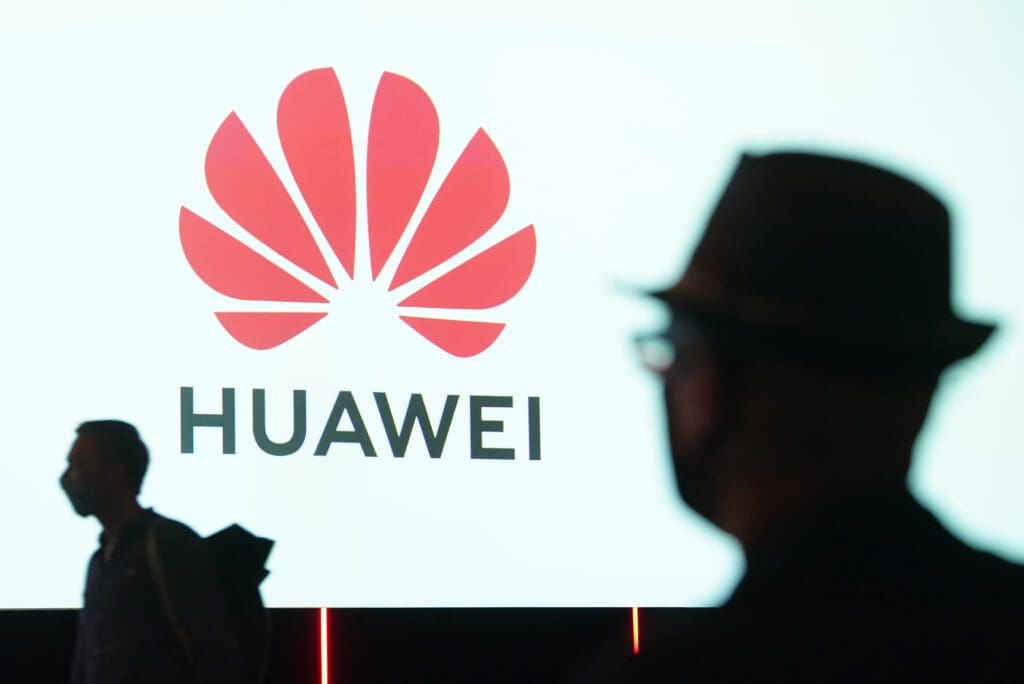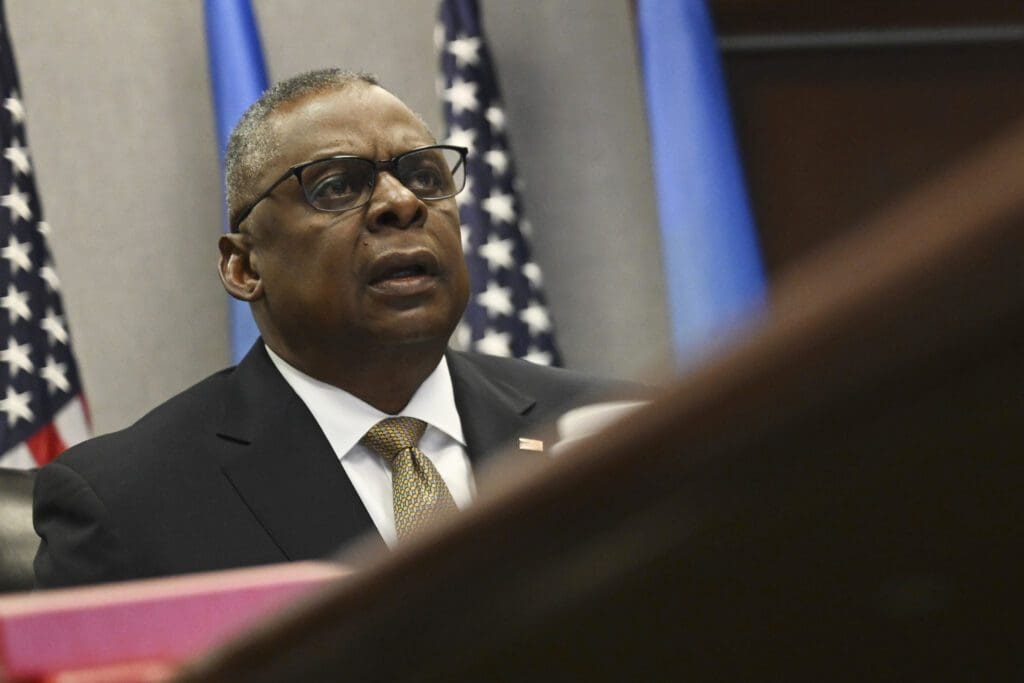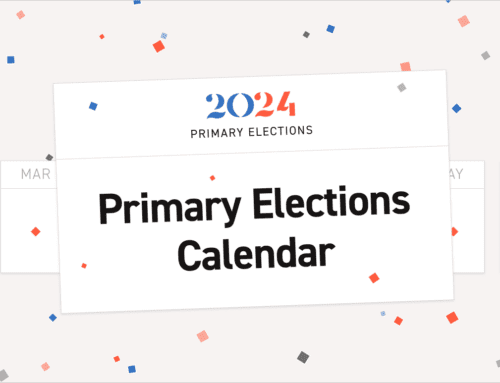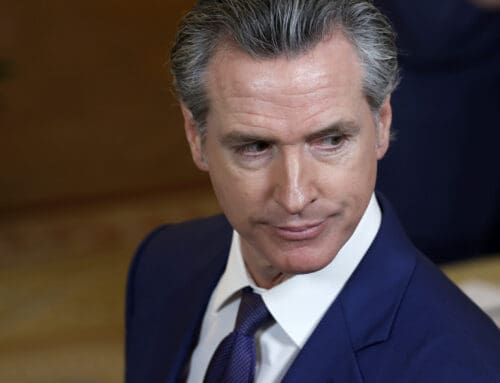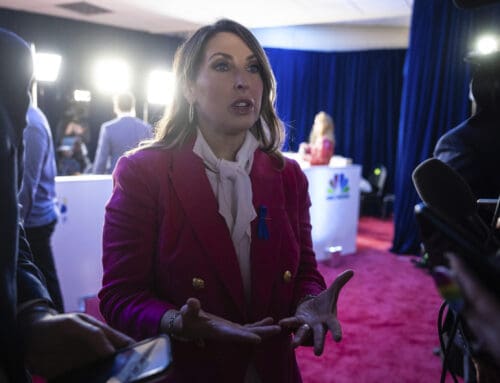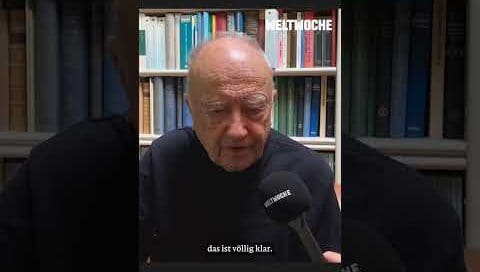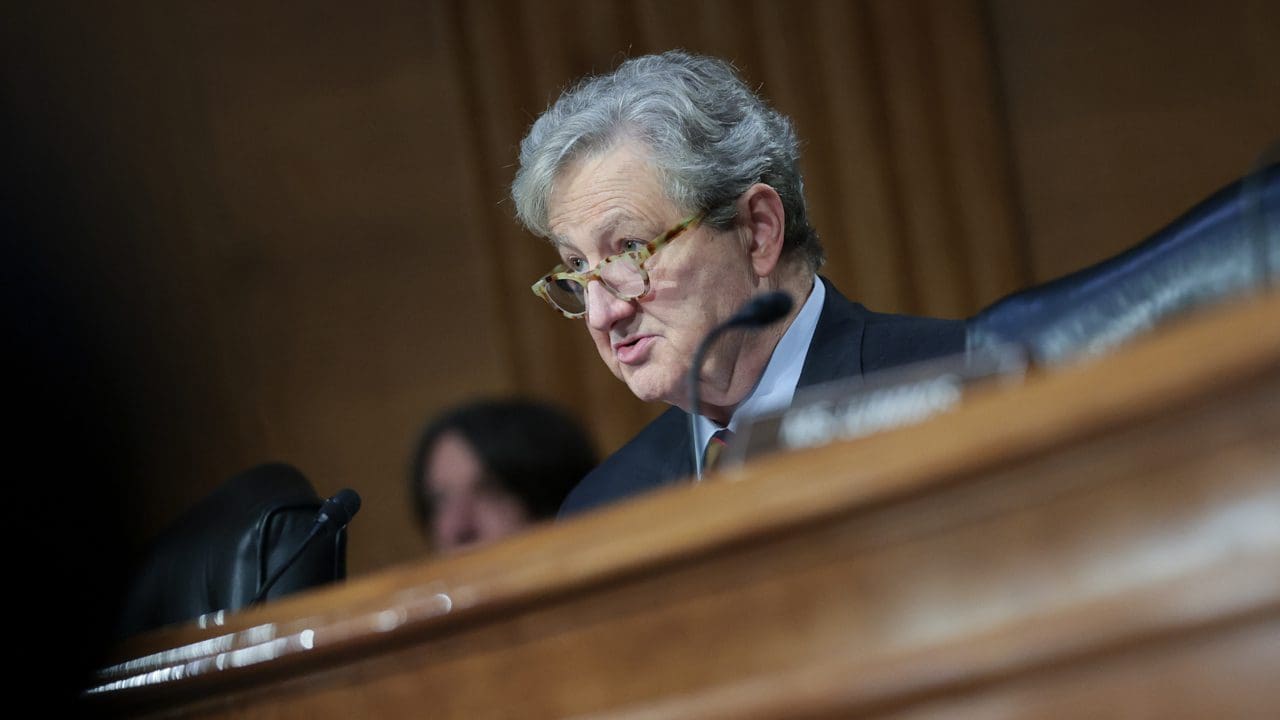

‚Justified anger‘: Key takeaways from Senate hearing on SVB’s collapse
Sen. Sherrod Brown unleashed fierce criticism of the Silicon Valley Bank’s executives on Tuesday.
The first congressional hearing on the failure of Silicon Valley Bank was a frenzy of finger-pointing that set up further scrutiny of bank executives and regulators who let the turmoil unfurl on their watch.
“Once again, small businesses and workers feared they would pay the price for other people’s bad decisions,” Senate Banking Chair Sherrod Brown (D-Ohio) said. “And we’re left with many questions—and justified anger—toward bank executives and boards, toward venture capitalists, toward federal and state bank regulators, and toward policymakers.”
Here are four key takeaways on how senators doled out the blame at Tuesday’s hearing with officials from the Federal Reserve, the FDIC and the Treasury Department:
‘Hubris, entitlement, greed’: Executives are the bipartisan target.
Brown kicked off the hearing by announcing that he plans to introduce legislation that would ratchet up penalties for executives at failed banks and ban them from the industry. Sen. Chris Van Hollen (D-Md.) said he too was working on a bipartisan bill related to clawing back executives’ money.
Brown said the failure of both SVB and Signature Bank earlier this month came down to “hubris, entitlement, greed.”
That was an area of agreement with Sen. Tim Scott of South Carolina, the panel’s top Republican and a potential 2024 presidential contender. Brown and Scott have sought testimony from the executives at SVB and Signature.
“It’s incredibly important that we hear from the folks specifically and uniquely responsible for the failure of these banks – the folks who manage them,” Scott said. “By all accounts, this is a classic tale of negligence, and it started with the banks themselves. Without any question, that’s where the buck stops.”
Brown went a step further, unleashing sharp criticism of venture capitalists who were SVB’s key clientele and helped drive the run that took down the lender when they encouraged companies to pull out their money. Some of those investors later demanded that the government rescue SVB.
“Just as there are no atheists in foxholes, it appears that when there is a bank crash, there are no libertarians in Silicon Valley,” Brown said.
Fed blame
The hearing also served to ratchet up pressure on the actions of SVB’s main regulator, the Federal Reserve, and why it failed to head off the failure. Some lawmakers are ready to see officials fired.
Democrats and Republicans both took swipes at the Fed, but some of their criticism had partisan underpinnings depending on whether the blame fell on the central bank’s Trump-era leaders or its current board.
The Fed, FDIC and Treasury officials testifying were nominated by President Joe Biden.
“The officials sitting before us today know that their predecessors rolled back protections — like capital and liquidity standards, stress tests, brokered deposit limits, and even basic supervision,” Brown said. “They greenlighted these banks to grow too big, too fast.”
But Scott took aim at the agencies’ Biden-era leadership and raised questions about why Treasury Secretary Janet Yellen and Fed Chair Jerome Powell weren’t testifying. (Powell was first appointed to lead the central bank by President Donald Trump and then nominated to a second term by Biden.)
Scott blamed bank mismanagement and supervisory failures for SVB’s collapse, but he also took a shot at government spending under Biden that he argues contributed to inflation and necessitated interest rate hikes that contributed to SVB’s failure.
Scott said the Fed should have been “keenly aware” of the impact that interest rate hikes would have on SVB and should have ensured that the Northern California lender was managing its risks accordingly.
“For the last two and a half weeks, the regulators have consistently described Silicon Valley as unique and highly idiosyncratic, meaning the warning signs should have been flashing red,” he said. SVB, he added, should have “stood out as what it was: absolutely a problem child.”
“Clear as a bell were the warning signs,” he said.
Fed Vice Chair for Supervision Michael Barr repeatedly pointed to concerns that were raised by the central bank’s bank examiners about SVB, which was graded as not well-managed, he said. One of the matters that supervisors asked the lender to make a priority was how it was handling risks related to rising interest rates. Barr said staff briefed the Fed’s board about interest rate risks several weeks before the bank failed.
Sen. Steve Daines (R-Mont.) pressed Barr on whether he would recommend the firing of “negligent” officials as the Fed reviews what led to SVB’s failure.
“The bank executives lost their jobs, as should some of these regulators,” Daines said.
Fed official downplays blame for Congress
Lawmakers who helped pass a bipartisan 2018 law that eased regulations for regional banks like SVB sought to tamp down the role the changes played in the bank’s downfall — and they got a bit of a boost from Barr. Undoing the law has been a top target for Sen. Elizabeth Warren (D-Mass.) and other critics since the government intervened to rescue SVB and Signature’s depositors.
Sen. Mike Crapo, the Idaho Republican who led efforts to pass the 2018 law, tried to fend off criticism that it contributed to the failure of SVB by prompting the Fed to apply less stringent oversight to banks of that size. He pointed to language in the statute that gave the central bank considerable leeway in how it applied rules to banks of different sizes, although it did call for lighter supervision of banks with less than $250 billion in assets.
Barr, the Fed’s point person on bank regulation since July, agreed that the law gave the Fed under his predecessor, Randal Quarles, “substantial discretion” in its implementation. He signaled that it came down to how the Fed drafted 2019 rules in the wake of the law and that they could be changed. It’s a target for the review that Barr is leading into what went wrong at SVB and the Fed’s role.
“I agree with you, there was substantial discretion under that act for the Federal Reserve to put in place tailoring rules that were different from the tailoring rules that it put in place in 2019,” Barr said in response to Crapo. “There is still to this day a substantial discretion in changing those by notice and comment rulemaking.”
Sen. Jon Tester of Montana, one of the lead Democrats who helped pass the 2018 law, told Barr that “it looks to me like the regulators knew the problem but nobody dropped the hammer.”
“I’ve got to tell you, Michael Barr, I am not a banker. I ain’t even close to being a banker. I’m a dirt farmer,” Tester said. “You did not have to be an accountant to figure out what the hell was going on.”
Sen. John Kennedy (R-La.) similarly faulted the Fed for the design of annual stress tests, under which it makes banks game out how they would perform in severe economic scenarios. Rising interest rates, a key factor in SVB’s troubles, have not been part of those scenarios for years.
“You stress tested for the wrong thing,” Kennedy said.
Warren continued to place some of the blame on her colleagues, of both parties, who passed the 2018 law, but also urged regulators to use their existing authority to toughen rules that were rolled back.
“Ultimately Congress signed off and then it got bad,” she said. “Regulators burned down dozens of safeguards that were meant to stop banks from making risky bets.”
Second-guessing the rescue
Scott and Sen. Bill Hagerty (R-Tenn.) pressed FDIC Chair Martin Gruenberg on why SVB wasn’t sold until two weeks after its failure, arguing that if the agency had found a buyer the first weekend, much of the turmoil could’ve been avoided.
“I am very concerned that private sector offers appear to have been submitted, and yet, were denied,” Scott said. “If Silicon Valley Bank had been purchased before it failed, the panic and the shock to the market and to market confidence we’ve seen over the past two and a half weeks may have been avoided.”
Gruenberg said the FDIC received two bids for the bank that first weekend, only one of which was valid, because the board of the prospective buyer hadn’t approved the other offer.
The valid offer, he added, would’ve been more costly for the agency than the cost of simply liquidating the bank. The FDIC is legally bound to minimize costs to its deposit insurance fund. He also pointed to how quickly the collapse happened.
“This was a very rushed process,” the FDIC chief said.
Still, senators didn’t seem convinced, with Hagerty saying the FDIC “failed to do its job.”
“Throughout the course of that weekend I was inundated with phone calls telling me legitimate bidders were being waived off,” Hagerty told Gruenberg. “The result of this failure places the banking sector in a state of disarray that we’ve never seen before.”

